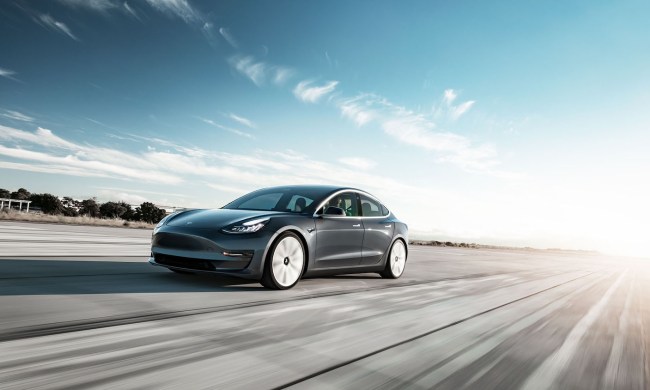
Google’s self-driving car chief executive, John Krafcik, said, “This is just FCA and Google building 100 cars together.” Google is not sharing autonomous car technology with FCA. Google will also own the data obtained from the minivan tests.
FCA CEO Sergio Marchionne has previously stated that car companies going it alone in self-driving car development are making a mistake. He believes partnerships are essential and is actively seeking such relationships for Fiat Chrysler. At the time, Marchionne said it was not clear whether FCA would have access to the data from the collaboration with Google. Google has now answered that question clearly and explicitly.
“We’re still talking to a lot of different automakers,” said Krafcik. “We’ve been very open about what the technology is and the problem we want to solve together. Solving this problem is going to require a lot of partnership.”
Krafcik mentioned 33,000 U.S. traffic deaths and more than 2.3 million injuries every year with human drivers as motivation to introduce autonomous cars as soon as they can prove safer than driver-driven vehicles. Google, however, has no set schedule.
“We have a responsibility to get this out there as soon as we can and really as soon as we have data that says we’re better than the current system of flawed human drivers. As soon as we’re better we should push the button and go.”
Google has to date logged 1.5 million miles of driverless car testing. No one has made public any specific number of miles or other metrics necessary to allow self-driving cars on public roads. It’s not just a matter of piling up the miles, either. Federal and state laws and regulations need to be adopted for self-driving cars to legally operate on roads beyond the limited testing now allowed.



